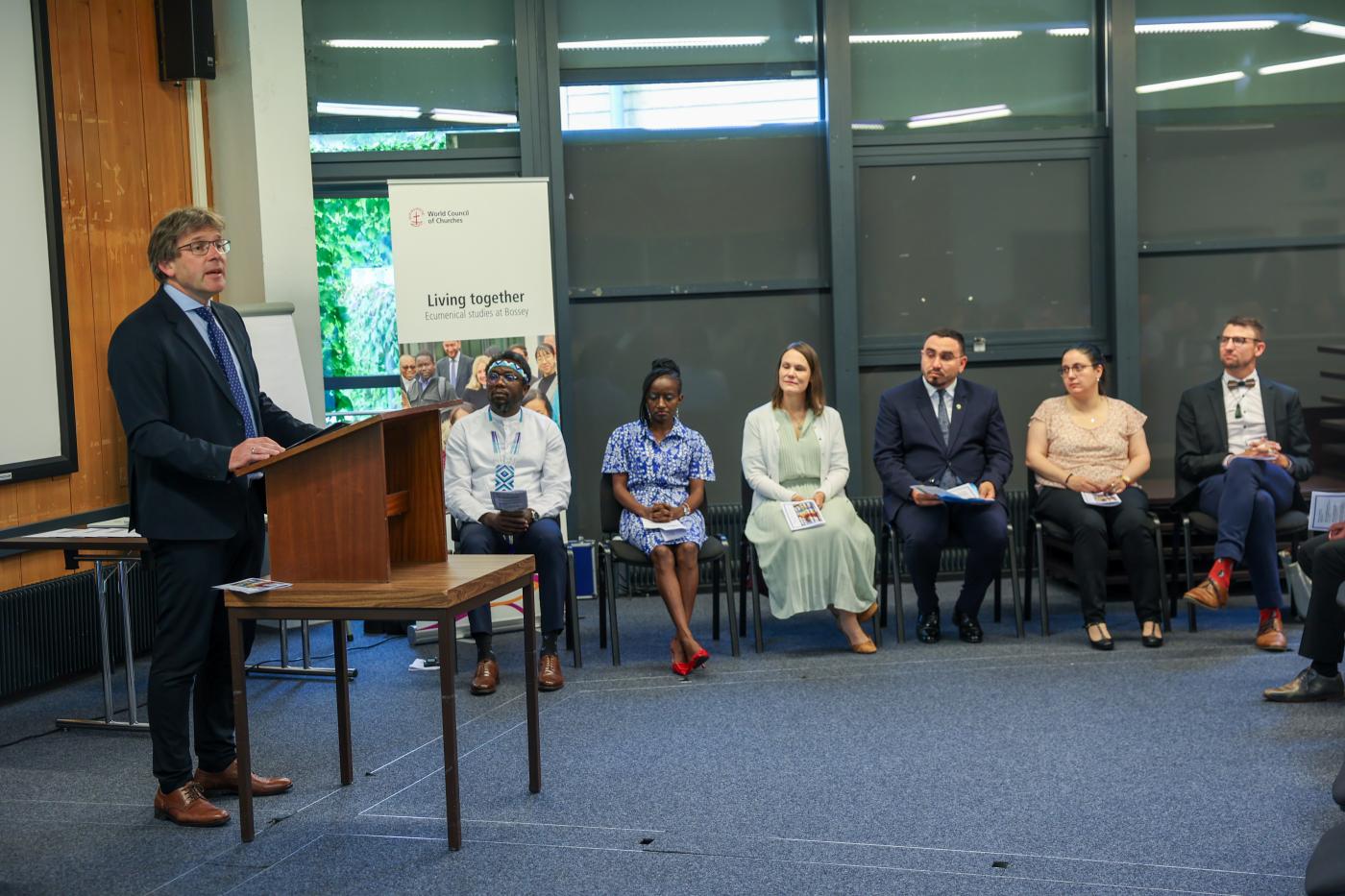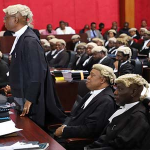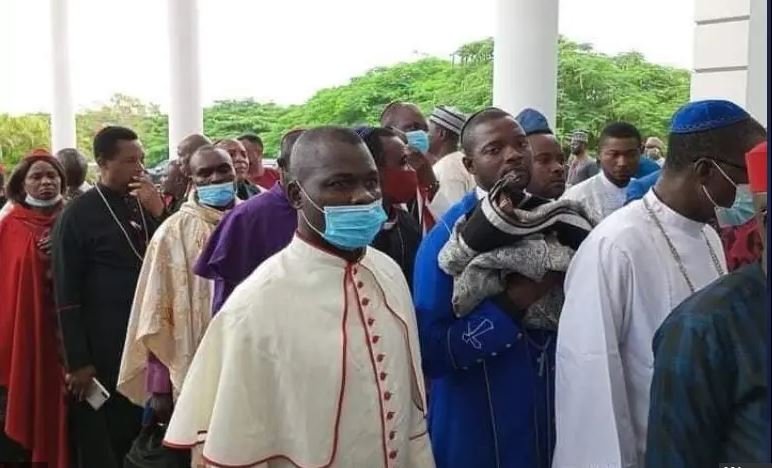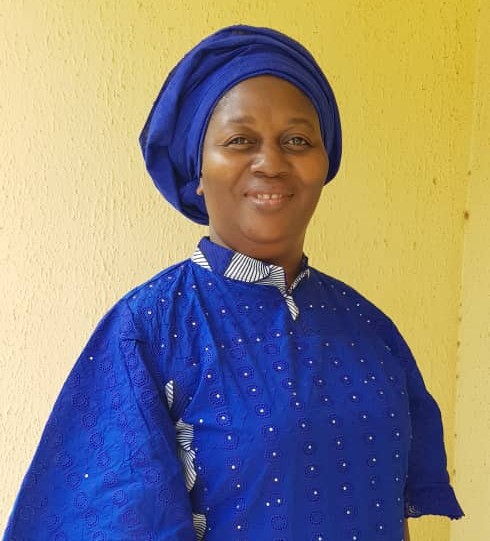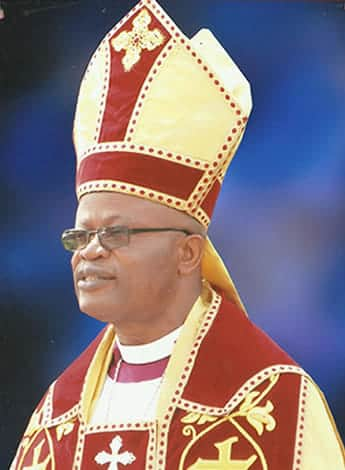At the Ecumenical Institute in Bossey, six graduates were awarded their Master of Advanced Studies in Ecumenical Studies certificates, marking a celebration of the profound joy of dialogue in a spiritual haven that will resonate with them throughout their lives.
Rev. Dr. Kuzipa Nalwamba, the WCC programme director for Unity, Mission, and Ecumenical Formation, delivered a profound address to the graduates, emphasizing the integral role of ecumenical formation within the World Council of Churches (WCC). She reflected on the diverse experiences the graduates had during their time at Bossey – from study visits to communal living, prayer, and reflection. Nalwamba expressed her belief that these experiences have provided the graduates with a profound understanding of the joy, challenges, and blessings inherent in reconciled diversity. She remarked that their lived ecumenical experience at Bossey reflects the very essence of what the WCC strives for and prays towards.
Nalwamba continued, highlighting the enriching contribution of the graduates to the ecumenical movement. She emphasized the importance of maintaining a continual learning disposition, which she believes leads to incremental growth towards more just, reconciling, and unity-seeking ways of life. Nalwamba encouraged the graduates to go forth as transforming disciples, guided by the love of Christ, and to continue learning and serving as instruments of transformation in personal, church, and societal contexts.
Rev. Dr. Benjamin Simon, director of the WCC Commission on Education and Ecumenical Formation and dean of the Ecumenical Institute, shared his reflections on the uniqueness of Bossey. He described Bossey as a space that invites participants to open themselves to one another, facilitating the discovery of God’s diverse gifts through encounters with those different from themselves. Simon emphasized that Bossey’s essence lies in the collective contributions and openness of its participants.
Representing his fellow graduates, Costantin Radu from Romania expressed deep gratitude for their transformative experience at Bossey. He described Bossey not only as an academic institution but as a place of profound spiritual growth and self-discovery. Radu expressed that each interaction at Bossey felt like a providential meeting, highlighting the palpable joy of dialogue and the deep exploration of each person’s mystery. He emphasized Bossey’s role in fostering respect for the dignity of every individual, irrespective of differences, echoing the sanctity mirrored in God’s respect for humanity.
Radu concluded by reflecting on the sensitivity Bossey instilled in them towards each person’s issues. He spoke of shedding national and ideological prejudices, learning to listen and critically assimilate diverse perspectives, and understanding the importance of humility in collaboration. Through Bossey, Radu and his peers learned valuable lessons that will guide them in their future endeavors.


